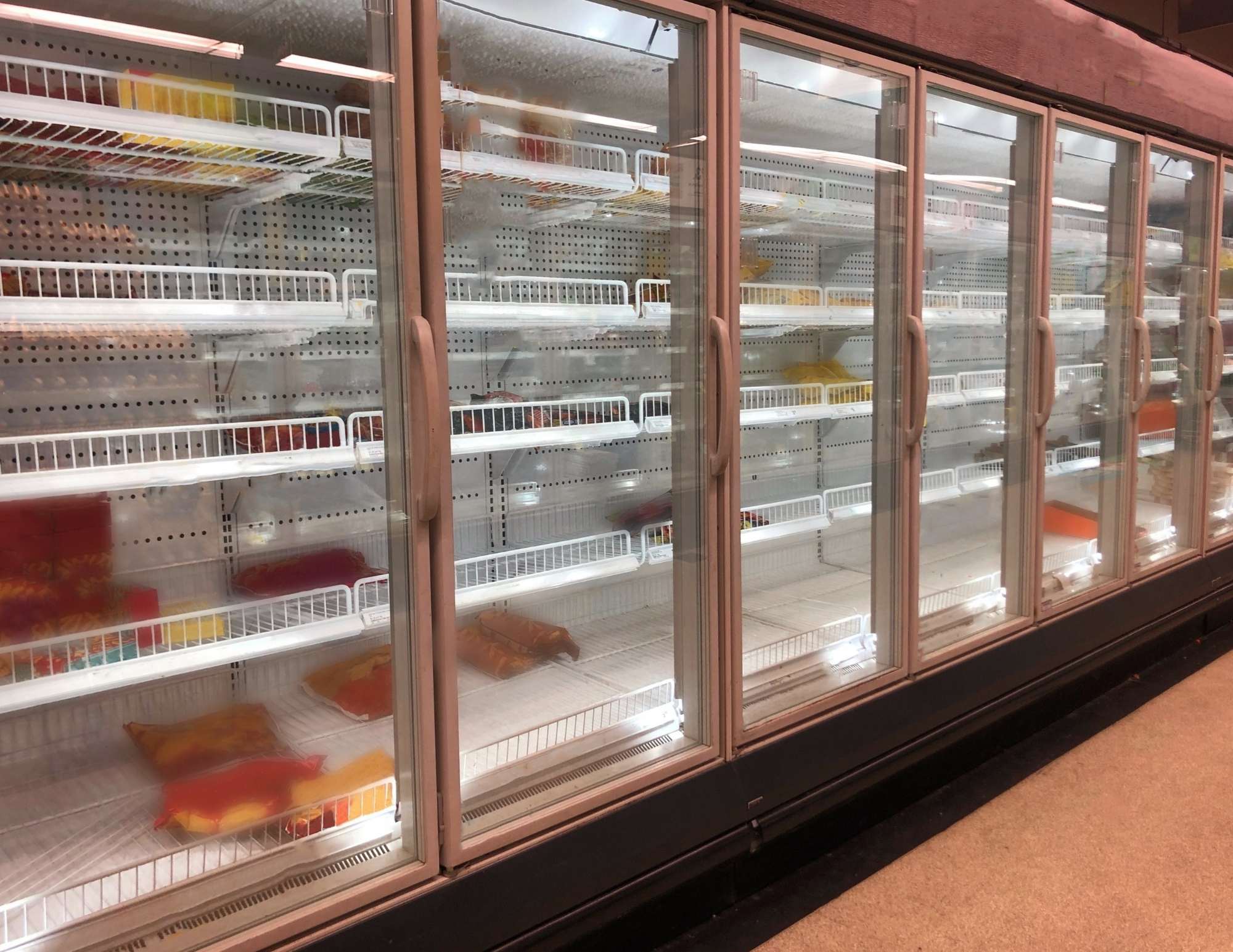Food shortages in Hungary? Here are all you need to know

The Russia-Ukraine war may lead to an 8-20% price increase in the global food market causing severe supply chain shortages in many sectors. However, Europe will be mostly spared and there will be no food scarcity in Hungary either. When it comes to necessary staples such as wheat, Hungary does not have to rely on any export, the country is perfectly self-sufficient, and agricultural activities can continue this spring. Nonetheless, we can expect a significant price increase for many food items due to the adverse geopolitical situation.
The recent war has caused acute disruptions in the global food industry. The conflict triggered the worldwide price increase of certain food items. People worry about food scarcity, while citizens of less developed countries actually fear famine. Novekes.hu reached out to Attila Zöldréti, the head of the Agriculture and Food Department of the Hungarian Economic Association, to find out whether we have a valid reason to fear food shortages.
Global issues are expected
Zöldréti told the news outlet that we would indeed face some challenges as one-third of the globally traded wheat is supplied by Ukraine and Russia. However, the most affected regions are North Africa and the Middle East which are heavily dependent on the grain export coming from the two agricultural powerhouses. The negative effects will be less felt in the EU.
Hungary is self-sufficient
Hungary does not import a significant amount of wheat from either Russia or Ukraine as it cultivates the majority of its supply but the disruption on the global markets will consequently result in rising food prices in our country as well. In fact, Hungary yields twice as much wheat and corn as locals consume, but we are doing great concerning other staples too, such as cooking oil, poultry, fresh vegetables and fruits, pork, dairy, beef and eggs.
Russian fertilizer crisis
There are no sowing-seed, gas or energy shortages in Hungary that would hinder agricultural processes. However, there are minor issues when it comes to fertilizers. Russia is considered the leader fertilizer supplier and due to the war, the supply chain is disrupted. On top of that, many firms have ceased the production of fertilizers as a result of the rising gas prices. It will certainly pose some challenges when agricultural work begins in springtime, however, Zöldréti reassured the readers that the country has enough supply stored for the entire year.
Spring showers saved the fields
Apart from the latest fertilizer uncertainty, the unusual drought of the previous weeks also made farmers concerned since the lack of precipitation jeopardised both the development of the autumn wheat yield and the seeding of the spring one. The recent spring showers were real blessings for the farmers. If the current rainy weather lasts a bit longer, it will positively benefit the agricultural works that are just about to begin.
Read also: Hungary to face a hellish economic situation after the election?!
Rising food prices
Zöldréti was less optimistic when asked about the estimated increase in food prices. The numerous unforeseen adverse events have taken a serious toll on the food industry which was still recovering from the pandemics and the Chinese swine fever outbreak. Countries all around the globe have to deal both with logistics issues and raw material shortages. To make matters worse, the Russian-Ukraine war has deteriorated the situation even further. Nevertheless, the head of the Agriculture and Food Department stressed that the most severely affected region is North Africa which is heavily dependent on Russian wheat. According to the latest FAO analysis, the global food industry will show an 8-20% price increase.
Hungary is affected too
Even though Hungary will not face supply chain issues, customers will experience a significant rise in food prices. The past weeks have already brought a considerable increase in the prices of potatoes (+28%), bread (+25%), pasta (+22%), poultry (+19%), cheese (+18%), flour (+18%). However, it is worth mentioning that we experienced similar price fluctuation during the 2005 economic recession as well, therefore, it is not an unprecedented event. It is sad to see though that these fluctuations have been intensified due to the war, added Zöldréti.
The government has already taken measures
The Hungarian Government closely follows the recent events and, already at the first changes in the global market at the beginning of the war, they have announced an export declaration mandate. This move demonstrates that the system is working well. The government has introduced effective measures to ensure the adequate supply of the domestic market. Naturally, the increase in purchase prices strongly influences consumer prices. For this reason, the government has made steps to temporarily regulate the price of certain food items.
The Hungarian strategy is working
Zöldréti concluded that food prices have indeed risen significantly and market stabilisation is hindered by the Russia-Ukraine war. It is going to pose global issues that will have the tendency to further push up the prices. However, Hungarian agriculture has the capacity and power to prevent food shortages. There is no need to create panic, the Hungarian agriculture will always have the strength to meet local demands.
Read also: Serious and deep economic crisis to come, Orbán said
Source: novekedes.hu


Usually articles that are sponsored have that mentioned. Why is this press release from the government not flagged as a sponsored piece? Oh, that’s right. The government controls the media. How can one forget?